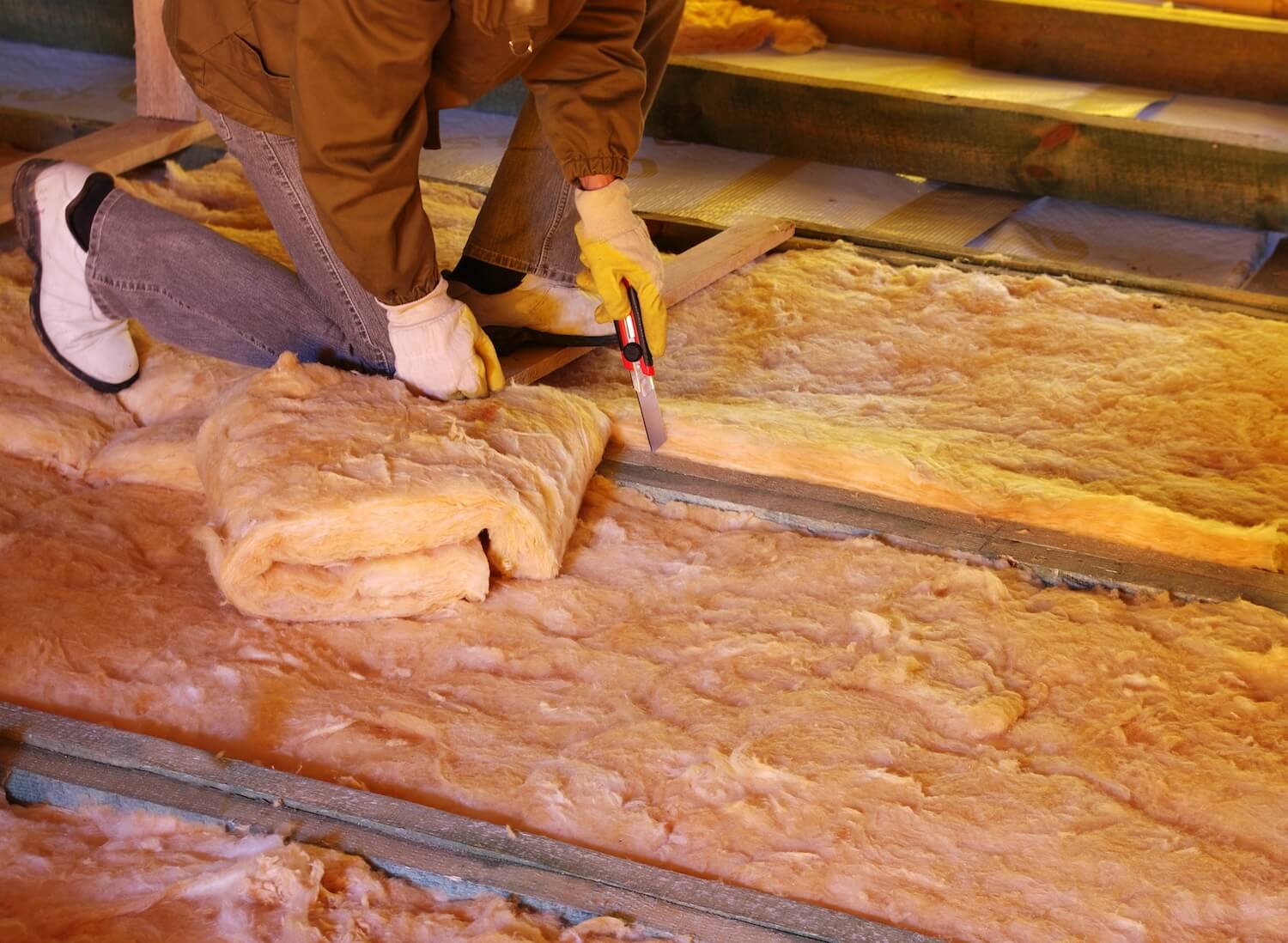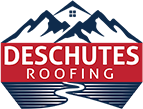In the ongoing pursuit of energy efficiency and home comfort, attic insulation is a key player. Properly insulating your attic can significantly impact your home’s energy performance, reduce utility bills, and enhance overall comfort. While DIY solutions may seem appealing, professional attic insulation offers numerous advantages that far outweigh the cost savings associated with a self-installed system.
This comprehensive guide explores why investing in professional attic insulation is a prudent decision for homeowners seeking to maximize energy savings and improve their living environment.

1. Understanding Attic Insulation
Attic insulation serves as a critical barrier between your home’s living spaces and the outside environment. It is designed to manage heat transfer, regulate temperature, and enhance overall energy efficiency. Here’s a deeper dive into how insulation works and why it’s essential:
Functions of Attic Insulation
- Temperature Regulation: Insulation maintains a consistent indoor temperature by minimizing the transfer of heat between your home and the outside. In the summer, it keeps unwanted heat out; in the winter, it retains the heat generated by your HVAC system. This regulation helps ensure a stable and comfortable indoor environment year-round.
- Energy Efficiency: Effective insulation reduces the demand on your heating and cooling systems by controlling heat flow. This decreased demand translates into lower energy consumption, which directly reduces utility bills. Homes with proper insulation typically see a noticeable decrease in their energy usage.
- Moisture Control: Insulation helps control moisture levels in your attic, which can prevent problems like mold and rot. Moisture control is crucial for maintaining the structural integrity of your home and ensuring a healthy indoor environment.
Types of Attic Insulation
Several types of insulation are commonly used in attics, each with its own benefits and drawbacks:
- Fiberglass Batt Insulation: This is one of the most common types of insulation, consisting of pre-cut panels that are installed between attic rafters. It’s effective, relatively affordable, and easy to install.
- Blown-In Cellulose Insulation: Made from recycled paper products, this type of insulation is blown into the attic using specialized equipment. It provides good coverage and is ideal for filling gaps and voids.
- Spray Foam Insulation: This insulation expands on application, filling gaps and forming an airtight seal. It offers excellent thermal performance and can help with air sealing, but it is more expensive than other options.
- Reflective or Radiant Barrier Insulation: This type of insulation reflects heat away from the home. It’s particularly effective in hot climates where keeping heat out is a priority.
2. The Importance of Professional Attic Installation
Although DIY attic insulation is an option, professional installation provides a range of benefits that can significantly enhance the effectiveness of your insulation. Here’s why opting for a professional is often the best choice:
Expertise and Experience
Professional insulation contractors bring a wealth of knowledge and experience to the job. They are familiar with the latest insulation materials, installation techniques, and industry best practices. Their expertise ensures that your insulation is installed correctly, maximizing its effectiveness and longevity.
Accurate Assessment
A professional installer will conduct a comprehensive assessment of your attic to determine the appropriate type and amount of insulation needed. This assessment takes into account factors such as the size of your attic, the existing insulation, local climate conditions, and your specific needs. An accurate evaluation ensures that you receive a customized solution that addresses your unique situation.
Quality Materials
Professionals have access to high-quality insulation materials that may not be readily available to the general public. They stay up-to-date with advancements in insulation technology and can recommend products that offer superior performance. High-quality materials are crucial for achieving optimal energy efficiency and long-term durability.
Proper Professional Installation
Correct installation is essential for insulation to perform as intended. Professional installers adhere to industry standards and guidelines to ensure that the insulation is applied without gaps, compression, or other issues that could reduce its effectiveness. They also address any potential issues, such as air leaks or insufficient coverage, that can compromise the insulation’s performance.
3. Energy Savings and Cost Efficiency
One of the most compelling reasons to invest in professional attic insulation is the potential for substantial energy savings. Here’s a closer look at how professional insulation can impact your energy bills and overall cost efficiency:
- Reduced Heating and Cooling Costs: Effective attic insulation reduces the amount of energy required to heat and cool your home. By minimizing heat transfer, insulation allows your HVAC system to operate more efficiently. This efficiency translates into lower utility bills, as your heating and cooling systems don’t have to work as hard to maintain a comfortable temperature. Studies have shown that properly insulated homes can experience energy savings of up to 20% on heating and cooling costs.
- Increased Home Value: Energy-efficient upgrades, including professional attic insulation, can enhance the market value of your home. Potential buyers are often attracted to homes with lower operating costs and improved comfort. Investing in insulation can provide a high return on investment, making it a smart financial decision that pays off when it’s time to sell.
- Long-Term Savings: While professional attic insulation requires an upfront investment, the long-term savings on energy bills can far outweigh the initial cost. Additionally, high-quality insulation materials are durable and have a long lifespan, ensuring that you continue to enjoy the benefits for many years to come. Proper insulation also reduces the need for frequent repairs or replacements, further contributing to cost savings.
4. Enhanced Comfort and Indoor Air Quality
Beyond energy savings, professional attic insulation significantly improves comfort and indoor air quality. Here’s how:
Improved Temperature Consistency
Proper insulation helps maintain a consistent indoor temperature by reducing hot and cold spots. This consistency ensures a more comfortable living environment, as you won’t have to deal with drafts, temperature fluctuations, or uneven heating and cooling. This improvement in comfort can make a noticeable difference in your daily living experience.
Noise Reduction
Insulation acts as a sound barrier, reducing noise transmission between rooms and from outside sources. This benefit is particularly valuable in busy neighborhoods or multi-story homes where noise can be a concern. Enhanced soundproofing contributes to a more peaceful and private living environment, allowing you to enjoy your home without unwanted disturbances.
Better Indoor Air Quality
Professional attic insulation helps control air leaks and moisture buildup, which can improve indoor air quality. By preventing the entry of pollutants, allergens, and dust, insulation contributes to a healthier living environment. Additionally, effective moisture control reduces the risk of mold growth, which can negatively impact respiratory health. A well-insulated attic promotes cleaner, healthier air for you and your family.
5. Choosing the Right Professional Insulation Contractor
Selecting a reputable insulation contractor is crucial to ensuring that you receive the full benefits of professional attic insulation. Consider the following factors when choosing a contractor:
Experience and Credentials
Look for contractors with extensive experience and positive customer reviews. An experienced contractor will have a proven track record of successful insulation projects and satisfied clients. Verify their credentials, including licensing and insurance, to ensure they meet industry standards and are qualified to perform the work.
Range of Services
Choose a contractor who offers a comprehensive range of insulation services, including assessment, installation, and maintenance. A full-service contractor can provide a complete solution tailored to your needs and ensure that all aspects of the insulation process are handled professionally.
Transparent Pricing
Obtain detailed, written estimates from multiple contractors to compare pricing. Ensure that the estimate includes all costs, such as materials, labor, and any additional services. Transparent pricing helps you make an informed decision and avoid unexpected expenses. Be cautious of unusually low bids, as they may indicate subpar materials or workmanship.
Warranty and Support
Inquire about warranties and support offered by the contractor. A reputable company will provide a warranty on their work and be available to address any issues that may arise after installation. A solid warranty offers peace of mind and ensures that you are covered in case of any problems with the insulation.
6. The Environmental Impact of Professional Insulation
In addition to personal benefits, professional attic insulation has a positive environmental impact:
Reduced Carbon Footprint
By improving your home’s energy efficiency, professional insulation helps reduce your carbon footprint. Lower energy consumption means fewer greenhouse gas emissions from power plants, contributing to environmental conservation. Reducing your home’s energy usage is a proactive step toward minimizing your environmental impact.
Sustainable Materials
Many insulation materials are eco-friendly and made from recycled or sustainable sources. For example, cellulose insulation is often made from recycled paper products, and certain foam insulations are designed to be low-impact. Professional contractors can guide you in selecting materials that align with your environmental values and support sustainable practices.
7. Additional Considerations for Attic Insulation
To maximize the benefits of attic insulation, consider the following additional factors:
- Air Sealing: Before installing insulation, it’s essential to address air leaks and gaps in your attic. Air sealing ensures that the insulation performs effectively by preventing heat loss and air infiltration. Professional contractors can identify and seal these leaks, enhancing the overall efficiency of the insulation.
- Ventilation: Proper ventilation is crucial for maintaining a healthy attic environment. Insulation can impact attic ventilation, so it’s important to ensure that your attic has adequate airflow. Professional installers will consider ventilation needs and recommend solutions to prevent issues like moisture buildup and heat-related problems.
- Upgrading Existing Insulation: If your home already has insulation, it may be worth upgrading or adding to it. Over time, insulation can settle, degrade, or become less effective. A professional assessment can determine whether your existing insulation meets current standards and if additional insulation is needed to achieve optimal performance.
Conclusion
Investing in professional attic insulation is a strategic decision that offers numerous benefits, including significant energy savings, enhanced comfort, and improved indoor air quality. While the initial cost may seem substantial, the long-term advantages and potential return on investment make it a wise financial choice. By opting for professional installation, you ensure that your insulation is installed correctly and effectively, maximizing its performance and durability.
Choosing a reputable insulation contractor is key to unlocking the full potential of attic insulation. With the right expertise, materials, and installation techniques, you can achieve a more energy-efficient, comfortable, and environmentally friendly home. If you’re ready to experience the benefits of professional attic insulation, reach out to a trusted contractor today and take the first step toward unlocking energy savings and enhancing your home’s overall performance.










